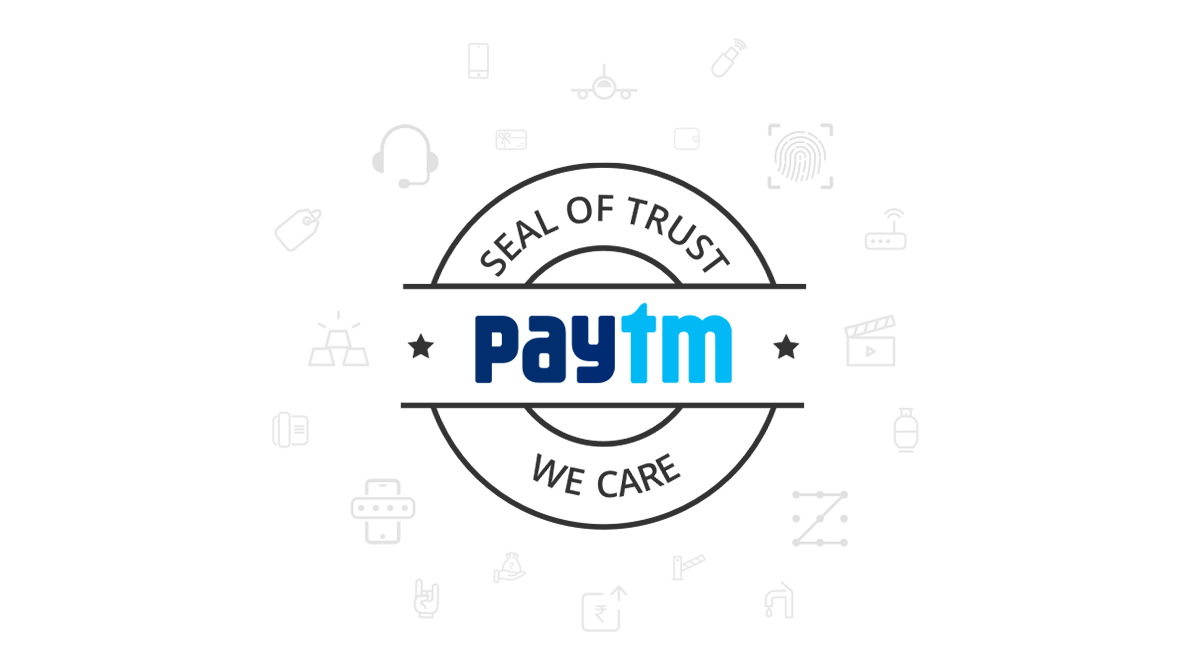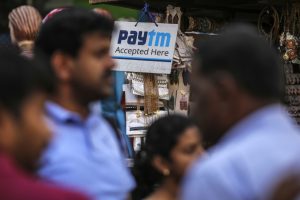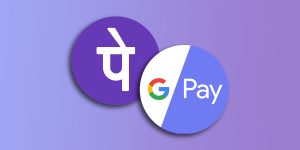In the world of stringent lockdowns globally, online payment platforms have risen to the occasion to provide feasibility and accessibility to the people. Since social distancing is being promoted worldwide contactless transactions, have given it a boost, and people not using e-wallets earlier have been forced to use this facility for their good. In recent years Google Pay and Walmart owned company PhonePe has become the preferred e-wallets for Indians. They are leading the market even though they came into the industry long after other platforms, especially Paytm, which has been trying to cope with the success of Google Pay and PhonePe and previously had the highest active users. On the other hand, Facebook’s Whatsapp Pay facility has been facing issues to launch since its conception. It was projected to start in December 2019, But because of their inability to seek approvals and its regulatory battle.
Google Pay now has approximately 75 million transacting users, as reported by TechCrunch in May. While PhonePe comes in second place with 60 million transacting users. Paytm was once the no.1 player in India but, in recent years, has been unable to retain its user base. The company blames the introduction of Unified Payments Interface (UPI) and know-your-client (KYC) policies since being the only player in the market at that time had to spend its resources in educating the people in these policies and were also late to incorporate UPI in their platform. Paytm claim that they performed over 100 million KYCs by physically meeting customers.
UPI lets users send money directly between accounts of different banks and eliminates the need for a separate mobile wallet. Paytm was late to adopt this system, which they say was partly because of the delayed approval to start embracing it into their platform. Whereas PhonPe says, their success is because of their strategy to focus more on essential services and adopting the UPI system early. And then continuing to work with third-party services such as Ola, Swiggy, and grocery stores, which gave them a huge base to work. Paytm was the first to strike deals with these companies to allow Paytm to be a wallet for using their services and still has the highest user base in the grocery store using their facility. PhonePe also owes its success to India’s digitization and adding UPI early when other platforms were using virtual mobile-wallet models, providing an open system for its users. Facebook surveys show that India mobile wallet industry is will $1 trillion by 2023. Hence, with its WhatsApp user base of 400 million, they could easily slip into the market and become a significant player. Google Pay has been reported to use unfair means of promoting their app Google Pay using their market position in the country. Other banks like Mastercard India, Axis Bank Ltd, and Worldline India, have partnered up to introduce their solution to customers and help offline stores in digitalizing money. Their services allow sellers to accept payments through various digital form factors, including Bharat QR and NFC. There is also a complaint that Google Pay does not allow new users to use their existing UPI ID. The RBI is yet to decide on the matter. Anyways Google and PhonePe have stretched the market and are leading the charts, Paytm has a lot of ground to cover hence introduces a post-paid feature on their platform, but its feasibility is yet to discover.








